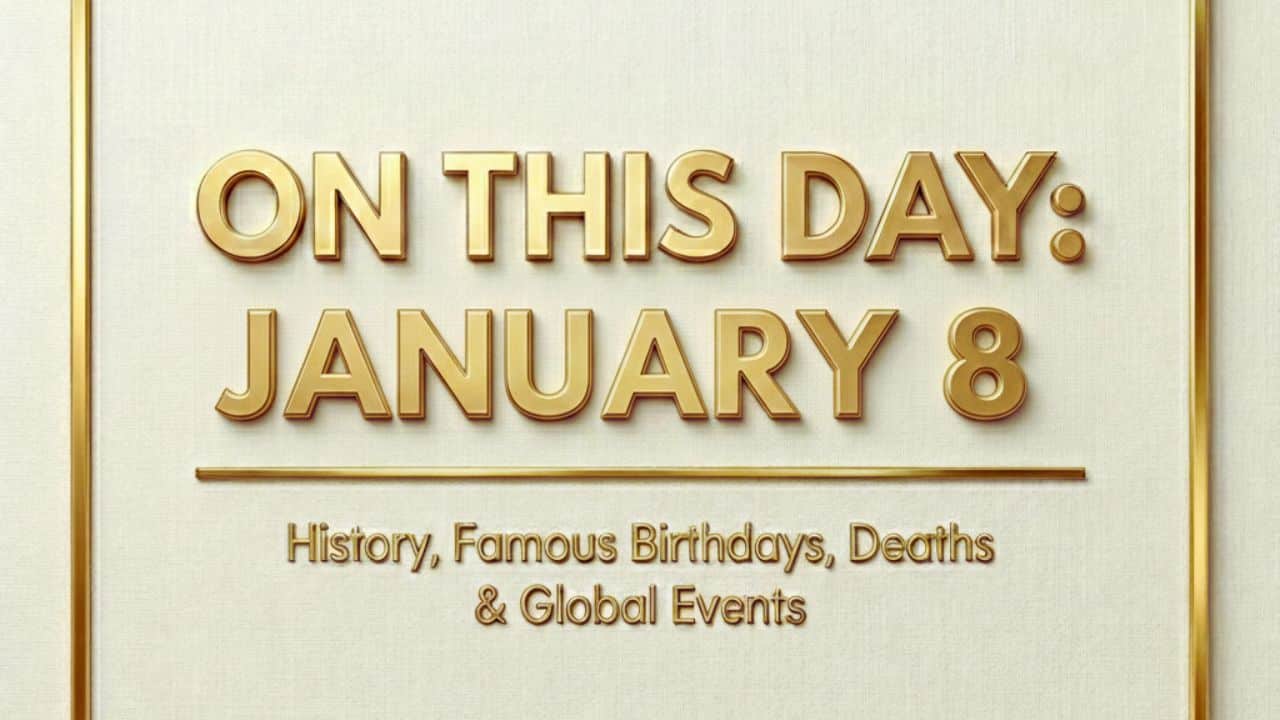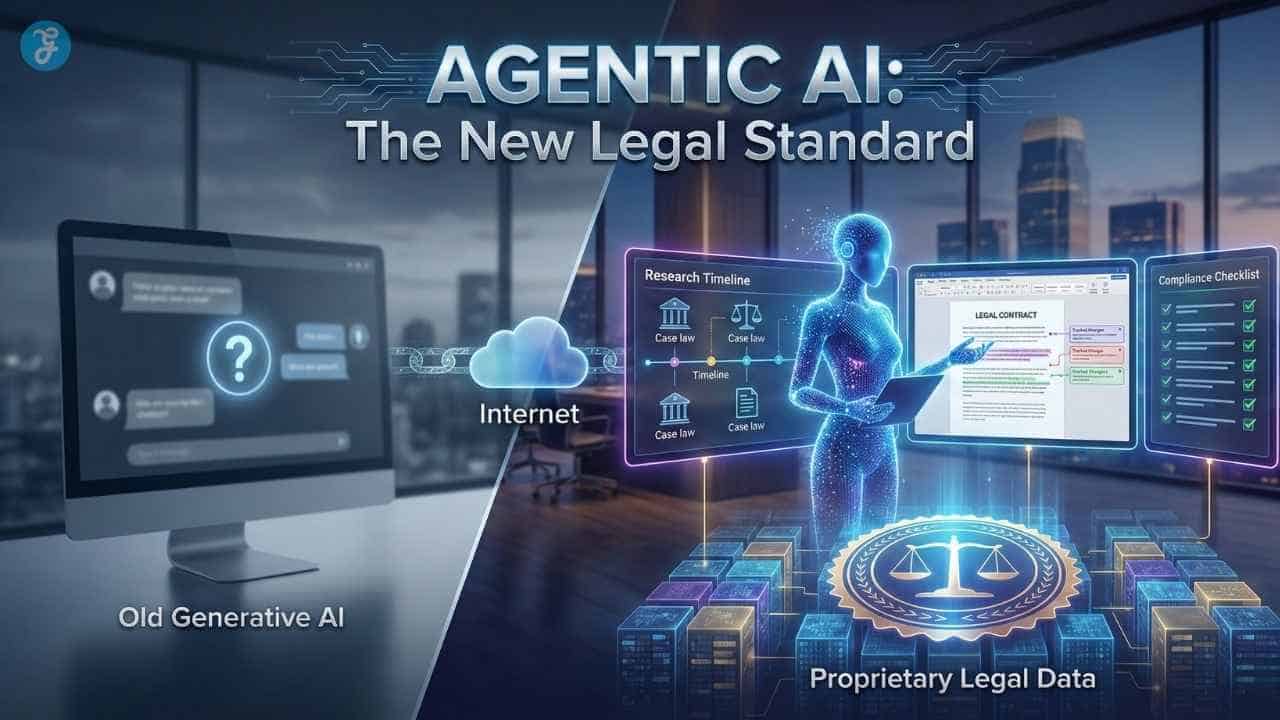Estate planning is crucial in managing your assets and ensuring your wishes are carried out after you’re gone. It involves preparing essential documents that outline how you want your affairs handled.
Having the right estate planning documents in place can give you peace of mind and make things easier for your loved ones.
Many people put off estate planning, thinking it’s only for the wealthy or elderly. But everyone can benefit from having basic documents ready.
These papers help protect your assets, direct your healthcare, and provide for your family. By keeping your estate plan in order now, you can save your loved ones time, stress, and money later.
1. Last Will and Testament
A last will and testament is a key document for your estate plan. It spells out how you want your assets shared after you die. This legal paper names who gets your stuff and who will take care of your kids if they’re young.
You can make a will on your own or with a lawyer’s help. Online services offer basic wills for under $200. Lawyers may cost more but can handle complex cases better.
In your will, you pick an executor. This person carries out your wishes after you’re gone. They handle tasks like paying debts and giving out assets.
Your will can cover most of your property. But some things, like joint bank accounts or life insurance, may pass to others outside your will.
It’s smart to review and update your will every few years. Big life changes like marriage, divorce, or having kids are good times to revise it.
Without a will, the state decides who gets your stuff. This might not match what you want. A clear will helps avoid family fights and makes sure your wishes are followed.
2. Durable Power of Attorney
A durable power of attorney is a key document for estate planning. If you can’t do it yourself, it lets you pick someone to handle your money and property.
This person is called your “attorney-in-fact” or “agent”. They can pay your bills, manage your investments, and make financial choices for you.
The “durable” part means it stays valid even if you become unable to make decisions. This is different from a regular power of attorney, which ends if you lose mental capacity.
You can set up your durable power of attorney to start right away or only when you’re incapacitated. Talking to a lawyer about which option is best for you is brilliant.
Choose your agent carefully. Pick someone you trust completely with your finances. It’s a big job with a lot of power.
You can limit what your agent can do. For example, you might let them pay bills but not sell your house. Be clear about any restrictions in the document.
It’s a good idea to name a backup agent too. If your first choice can’t do the job, this person can step in.
Remember, you can change or cancel your durable power of attorney at any time as long as you’re mentally capable. Keep it up to date as your life changes.
3. Living Will
A living will is a crucial document that outlines your wishes for medical care if you can’t speak for yourself. It helps your family and doctors know what treatments you want or don’t want in end-of-life situations.
This document typically covers life support, pain management, and organ donation decisions. You can specify if you want to be kept on life support or if you’d prefer comfort care only.
A living will can prevent family conflicts and ensure your wishes are respected. It takes the burden of difficult choices off your loved ones during an already stressful time.
To create a living will, you’ll need to think carefully about your values and preferences. Consider talking to your doctor and family about your choices. This can help you make informed decisions about your future care.
Once completed, make sure to give copies to your healthcare proxy, family members, and doctors. You can update your living will anytime if your wishes change.
4. Revocable Living Trust
A revocable living trust is a powerful tool for estate planning. It lets you keep control of your assets while you’re alive. You can change or cancel it anytime.
This trust helps avoid probate after you die. Probate can be expensive and time-consuming. With a trust, your assets go directly to your beneficiaries.
You’ll need to transfer ownership of your assets to the trust. This includes things like your house, bank accounts, and investments. You remain the trustee, so you still manage everything.
You can name a successor trustee. This person takes over if you can’t manage the trust anymore. They’ll handle your affairs if you become incapacitated or pass away.
A living trust offers privacy. Unlike a will, it doesn’t become public record. Your beneficiaries and asset details stay private.
Setting up a trust can be more complex than a will. You might need a lawyer’s help. However, for many, the benefits outweigh the initial effort and cost.
Remember, a revocable living trust doesn’t replace a will entirely. You’ll still need a will to cover any assets not in the trust.
5. Medical Power of Attorney
A Medical Power of Attorney is a key document for your estate plan. It lets you pick someone to make health choices for you if you can’t. This person is called your agent or healthcare proxy.
You might wonder why you need this. What if you’re in a bad accident or very sick? Who will speak for you? A Medical Power of Attorney answers these questions.
Your agent can talk to doctors and make choices about your care. They can decide on treatments, surgeries, or end-of-life care. It’s important to pick someone you trust who knows your wishes.
You can limit what your agent can do. You can also list things you don’t want. This helps make sure your care follows your beliefs and values.
It’s smart to talk with your agent about your wishes. Tell them what kind of care you want. This helps them make choices that match what you’d want.
You can change or cancel your Medical Power of Attorney at any time. It’s good to review it every few years to make sure it still fits your needs.
6. Beneficiary Designations
Beneficiary designations are a key part of estate planning. They tell who gets your assets when you die. You can name beneficiaries for many types of accounts.
These include bank accounts, investment accounts, and retirement plans. Life insurance policies also need beneficiary designations. It’s important to keep these up to date.
Your life changes over time. You might get married, divorced, or have kids. When big life events happen, review your beneficiaries. Make sure they still match your wishes.
Don’t forget about backup beneficiaries. These are people who get your assets if your first choice can’t. Having backups helps avoid problems later.
Some assets go straight to beneficiaries when you die. They don’t go through your will. This can be faster and easier for your loved ones. It’s a simple way to pass on your assets.
You can name people, charities, or trusts as beneficiaries. Think carefully about who you choose. Your choices can affect taxes and other issues. It’s smart to talk to an expert if you’re not sure.
Remember to check your beneficiaries regularly. At least once a year is a good rule. This helps ensure your wishes are followed when you’re gone.
7. Financial Accounts List
A financial accounts list is a key part of estate planning. This document helps your loved ones find and manage your money matters after you’re gone.
What should you include on this list? Start with your bank accounts. Write down the names of banks, account numbers, and types of accounts you have.
Don’t forget about investment accounts. List any stocks, bonds, or mutual funds you own. Include account numbers and the names of financial institutions.
Retirement accounts are important too. Add details about your 401(k), IRA, or pension plans. Make sure to note the account numbers and plan administrators.
Do you have any loans or credit cards? List these as well. Include account numbers, balances, and contact info for lenders.
Keep your list up to date. Review it once a year or when you open or close accounts. Store it in a safe place with your other estate planning papers.
Having a complete financial accounts list makes things easier for your family. It helps them quickly find and handle your money matters during a tough time.
8. Property Deeds
Property deeds are key documents in estate planning. They show who owns real estate. You need these to prove you own your home, land, or other property.
Keep your original deeds in a safe place. Make copies too. This helps if the originals get lost or damaged.
Deeds come in different types. Some common ones are warranty deeds, quitclaim deeds, and grant deeds. Each type transfers property in a slightly different way.
Make sure your deeds are up to date. If you’ve paid off your mortgage, you should have a new deed without the lender’s name. This is called a deed of reconveyance.
You can add someone to your deed or remove them. This changes who owns the property. It’s a big decision that can affect your estate plan.
Sometimes people use deeds to avoid probate. They add a child or other heir to the deed while still alive. This is called a transfer-on-death deed in some states.
Talk to a lawyer before changing your deeds. They can explain how it might affect your taxes and estate plan. Getting expert advice helps you make smart choices about your property.
9. Life Insurance Policies
Life insurance is a key part of estate planning. It gives your family money when you die. This can help pay for funeral costs and other bills.
There are two main types of life insurance. Term life insurance covers you for a set time. Whole life insurance lasts your entire life and builds cash value.
When you get life insurance, you name beneficiaries. These are the people who will get the money when you die. You can name your spouse, kids, or anyone else.
The amount of life insurance you need depends on your situation. Think about your debts, income, and family’s needs. A good rule is to have 10-15 times your yearly income in coverage.
Life insurance payouts are usually tax-free. This means your family gets all the money to use as they need. It can help replace your income or pay off a mortgage.
You should review your life insurance regularly. Update your beneficiaries if needed. Make sure you still have enough coverage as your life changes.
Keep your life insurance documents with your other estate planning papers. Tell your family where to find them. This will make things easier when the time comes.
10. Retirement Account Statements
Retirement account statements are key documents for estate planning. These statements show your savings in 401(k)s, IRAs, and other retirement plans. They list how much money you have and where it’s invested.
Keep your latest statements in your estate planning file. Make sure they’re easy to find. This helps your family or executor know about all your accounts when the time comes.
Check that you’ve named beneficiaries for each account. Your beneficiaries will get the money directly, without going through probate. Update these names if your wishes change.
Remember, retirement accounts often pass outside of your will. The person you name as beneficiary on the account form usually gets the money. This is true even if your will says something different.
Review your statements yearly. Make sure your contact info and investment choices still fit your needs. Don’t forget about old 401(k)s if you change jobs. Consider rolling them over to your current plan or an IRA.
11. Tax Returns
Tax returns are key documents for estate planning. They show your income, assets, and financial history. You should keep copies of your tax returns for at least the past three years.
Your tax returns can help your executor understand your financial situation. They provide info on your income sources, investments, and property. This makes it easier to manage your estate after you’re gone.
Tax returns also help with probate. They show what you owned and owed at the time of your death. This can speed up the process of settling your estate.
You should also keep business tax returns if you own a company. These give a clear picture of your business finances. They’re useful for valuing your business as part of your estate.
Remember to store your tax returns safely. Put them with your other important papers. Make sure your executor knows where to find them. This will make their job much easier when the time comes.
12. Funeral Instructions
Funeral instructions are a key part of estate planning. They help your loved ones know your wishes for your final arrangements. You can include these details in a separate document or as part of your will.
Think about what kind of service you want. Do you prefer burial or cremation? Where would you like the service to be held? You can also list any songs, readings, or speakers you’d like included.
Consider your budget for the funeral. You might set aside money or buy funeral insurance to cover the costs. This can ease the financial burden on your family during a tough time.
Don’t forget to mention any specific cultural or religious practices you want observed. You may be eligible for military honors at your funeral if you’re a veteran. Make sure to note this in your instructions.
You can also state your preferences for donations instead of flowers. Many people choose to support a favorite charity in memory of their loved one. Include the name and contact information of any organizations for which you’d like to receive donations.
Remember to keep your funeral instructions updated as your wishes may change over time. Store them with your other important documents and let your family know where to find them.
13. Digital Assets Inventory
A digital assets inventory is a crucial part of modern estate planning. It lists all your online accounts, digital files, and electronic data. This inventory helps your loved ones manage your digital life after you’re gone.
Start by making a list of all your online accounts. Include email, social media, banking, and shopping accounts. Don’t forget about digital subscriptions, like streaming services or online magazines.
Next, catalog your digital files. These might include photos, videos, documents, or music stored on your devices or in the cloud. Make note of where these files are kept and how to access them.
Remember to include any digital currencies you own, like Bitcoin or other cryptocurrencies. These can be valuable assets that your heirs need to know about.
For each item in your inventory, write down login information and passwords. Store this information securely in a password manager or a physical safe.
Update your digital assets inventory regularly. As you create new accounts or acquire new digital assets, add them to the list. This ensures your inventory stays current and useful for your estate plan.
14. Guardianship Designations
Guardianship designations are key documents in your estate plan. They let you choose who will care for your children if you can’t.
You can name guardians in your will. But it’s smart to also have separate guardianship documents. These work while you’re alive but unable to make choices.
Pick guardians who share your values and can provide a loving home. Think about their age, health, and ability to raise kids. Consider naming backup guardians too.
Talk to the people you want to name as guardians. Make sure they’re willing and able to take on this big job. It’s good to explain your wishes for raising your kids.
Update your guardianship designations regularly. As your kids grow, your choice of guardian might change. Life changes for potential guardians too.
Don’t forget about money. Your estate plan should include ways to support your children financially if you’re gone. This helps the guardians care for your kids.
Guardianship designations give you peace of mind. They ensure your children will be cared for by people you trust if something happens to you.
15. Pet Care Instructions
If you have pets, you need to plan for their care in your estate documents. This helps ensure your furry friends are cared for if something happens to you.
Choose a trusted person to look after your pets. Write down their name and contact info. Pick a backup caretaker too, just in case.
Make a list of your pets’ needs. Include their food, medicines, vet info, and daily routines. Write down any special care they require.
Set aside money for your pets’ care. You can create a pet trust or leave money to the caretaker in your will. This helps cover food, vet bills, and other costs.
Keep your pets’ medical records with your estate papers. This includes shot records and info about any health issues. It helps the new caretaker provide good care.
Update your pet care instructions regularly. As your pets age or their needs change, make sure your plans stay current.
Understanding Estate Planning
Estate planning helps you protect your assets and loved ones. It lets you decide what happens to your things after you die. Good planning can save your family stress and money.
The Importance of Estate Planning
Why should you care about estate planning? It gives you control over your stuff. You can choose who gets what when you’re gone. Without a plan, the court decides for you. That can cause fights in your family.
Estate planning isn’t just for rich people. Everyone needs it. It helps you:
- Name guardians for your kids
- Avoid big tax bills for your family
- Keep your affairs private
- Plan for if you get sick and can’t make choices
You can start small with a basic will. As your life changes, you can update your plan.
Common Misconceptions
Many people think estate planning is too hard or costly. But that’s not true. You can make a simple will online for under $200. More complex plans might need a lawyer, but it’s worth the cost.
Some folks believe they’re too young for estate planning. Wrong! Adults of all ages should have a plan. You never know what might happen.
Another myth is that estate planning is only about money. It’s also about:
- Your health care wishes
- Who can make choices for you if you can’t
- How you want to be remembered
Don’t put off planning because you think it’s scary or sad. It’s really a gift to your loved ones. It makes things easier for them when you’re gone.
Legal Documents Overview
Proper estate planning requires several key legal documents. These tools help protect your assets and ensure your wishes are carried out.
Wills vs. Trusts
A will is a basic document that states how you want your assets distributed after you die. It names an executor to manage your estate and guardians for minor children. Wills go through probate court, which can be time-consuming and public.
Trusts offer more privacy and control. They hold assets for your benefit while you’re alive and specify how to distribute them after death. You can set conditions on inheritances or provide for loved ones with special needs. Trusts avoid probate, potentially saving time and money.
Both wills and trusts have pros and cons. Your choice depends on your assets, family situation, and goals.
Power of Attorney: Financial vs. Healthcare
Power of attorney (POA) documents let you name someone to make decisions if you can’t. There are two main types:
Financial POA: This person handles your money matters. They can:
- Pay bills
- Manage investments
- File taxes
Healthcare POA: This person makes medical choices for you. They can:
- Choose treatments
- Talk to doctors
- Decide on end-of-life care
You can pick the same person for both roles or choose different people. Make sure you trust them completely. These documents are crucial if you become incapacitated.
Protecting Your Assets
Estate planning helps safeguard your wealth and ensure it’s distributed according to your wishes. It also provides for your care if you become unable to make decisions.
Planning for Incapacity
A power of attorney lets you choose someone to handle your finances if you can’t. This person can pay bills, manage investments, and make financial choices for you.
A healthcare proxy names someone to make medical decisions on your behalf. This document outlines your treatment preferences if you’re too sick to communicate.
A living will states your end-of-life care wishes. It covers things like life support and pain management. Make sure your doctors and family know about these documents.
Avoiding Probate
Probate is the legal process of distributing assets after death. It can be slow and expensive.
A living trust can help bypass probate. You transfer ownership of assets to the trust while you’re alive. After death, the trustee distributes assets to beneficiaries without court involvement.
Joint ownership is another way to avoid probate. When one owner dies, the asset passes directly to the other owner.
Beneficiary designations on accounts like life insurance and retirement plans also skip probate. The funds go straight to the named beneficiary.
Takeaway
Estate planning is essential for protecting your assets, ensuring your wishes are honored, and providing for your loved ones after you’re gone. Critical documents like a last will, Durable Power of Attorney, and Living Will are crucial.
These papers help avoid probate, guide healthcare decisions, and designate beneficiaries, saving your family time, money, and stress. Estate planning isn’t just for the wealthy; it’s essential for everyone.
Regularly reviewing and updating your documents keeps your plan aligned with life changes. By preparing these documents now, you ensure a secure legacy and peace of mind for the future.










































